Herniated Disc Symptoms and Signs
Herniated Disc Symptoms and Signs – Learn about back pain, numbness, weakness, and changes in reflexes as common signs. Optimal Health Integrated Medicine offers diagnosis and tailored treatments for relief.
If you’ve been experiencing back pain that just won’t quit, a herniated disc could be the culprit. Understanding the symptoms and signs can help you take the right steps towards relief. At Optimal Health Integrated Medicine, we’re here to guide you through the process.
What is a Herniated Disc?
Let’s start with the basics. Your spine is made up of a series of bones (vertebrae) stacked on top of each other, with discs acting as cushions between them. A herniated disc occurs when one of these discs is damaged or bulges out of place, putting pressure on nearby nerves. This can lead to various uncomfortable symptoms.
Common Symptoms
How do you know if you might have a herniated disc? Look out for these telltale signs:
- Pain: The most common symptom is pain, which can be localized in the back or neck area. It might also radiate down the arms or legs depending on the location of the affected disc.
- Tingling or Numbness: You might experience sensations like tingling, numbness, or pins-and-needles in the areas served by the affected nerves.
- Muscle Weakness: Weakness in certain muscles, particularly in the arms or legs, can occur due to nerve compression caused by the herniated disc.
- Changes in Reflexes: In some cases, reflexes may be affected. You might notice changes in how your reflexes respond.
When to Seek Help
Experiencing any of these symptoms? It’s important not to ignore them. While some cases of herniated discs resolve with conservative treatment, others may require medical intervention. At Optimal Health Integrated Medicine, we specialize in diagnosing and treating spinal conditions.
Diagnosis and Treatment
Upon visiting our clinic, our experts will conduct a thorough examination, which may include imaging tests like X-rays or MRIs to confirm the diagnosis. Once diagnosed, the appropriate treatment plan can be tailored to your specific needs.
Conservative Treatments
For many patients, non-surgical approaches are effective in managing herniated discs. These may include:
- Physical Therapy: Targeted exercises can strengthen the muscles supporting the spine and improve flexibility.
- Medication: Pain relievers and anti-inflammatories can help alleviate discomfort and reduce swelling.
- Chiropractic Care: Manual adjustments by skilled chiropractors can provide relief by realigning the spine.
Advanced Treatment Options
In cases where conservative treatments don’t provide sufficient relief, advanced options such as epidural steroid injections or surgical procedures may be considered. Our team at Optimal Health Integrated Medicine will discuss these options with you, ensuring you’re informed and empowered throughout the process.
Prevention Tips
While not all herniated discs can be prevented, certain lifestyle changes can reduce the risk:
- Maintain Good Posture: Proper posture can alleviate pressure on your spine.
- Exercise Regularly: Strengthening core muscles can provide better support for your spine.
- Lift Properly: Use your legs to lift heavy objects, not your back.
Dealing with a herniated disc can be challenging, but with the right guidance and treatment, relief is possible. At Optimal Health Integrated Medicine, we’re committed to helping you achieve lasting wellness. Don’t hesitate to reach out if you’re experiencing symptoms or have concerns about your spinal health. Together, we can work towards optimal health and a pain-free life.




